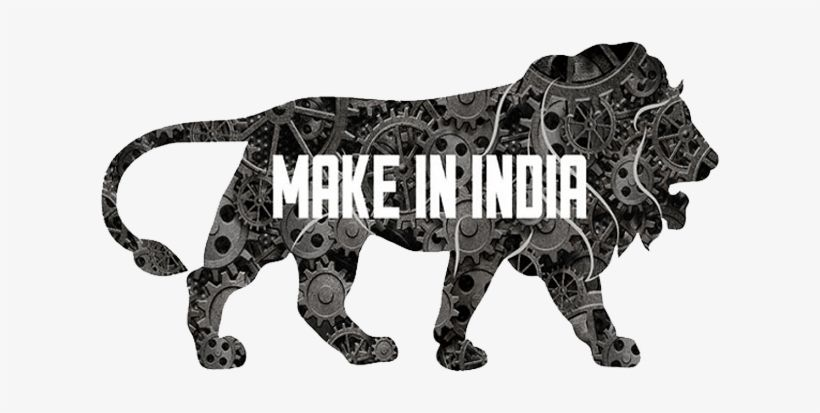India’s Amrit Kaal: Achievements, Challenges, and the Road Ahead
Radhika Jain
MBA- I Semester
Batch: 2023-25
radhika.jain2025@sibmnoida.siu.edu.in
India has entered the “Amrit
Kaal” of Independence and the Country and its Government are fixing targets for
all sectors and making schemes to achieve those targets by the year 2047. The country’s
GDP was about Rs. 2.7 lack crores in 1947 has risen to about Rs. 375 lack
crores in 75 years i.e., about 125 times, with the population growing 4 times
from 35 crores to 140 crores.
The different
governments ruling India since Independence worked tirelessly to increase
agricultural production, irrigation, green revolution, milk revolution, Public
Distribution System, Nationalisation of Banks, Revolution in the field of
Information and Technology, globalization, privatization, infrastructure
development, National rural employment guarantee scheme and others. It is
evident that India has made considerable progress in the fields of Education,
Employment, Housing for the Poor, Health and Cleanliness. The position of the
nation has improved a lot and India is looked at globally as a much more powerful
economy.

The current government
which took charge in 2014 has indeed made India witness an impressive rise by
making it wear the crown of the fifth largest economy of the world. Beginning
with replacing the Planning Commission with NITI Aayog (National Institute for
Transforming India) to successfully implementing schemes like MAKE IN INDIA,
SKILL INDIA, DIGITAL INDIA and introducing GST which are regularly
strengthening the economy of our country, which is heading towards becoming the
Third Largest Economy of the World.
Though we are heading
towards becoming a progressed country from a progressive one much is still to
be done in that direction. Our population has increased by 100 crores since
Independence but maximum purchasing power is limited to very few people which
shows that economic instability is one field where a lot of work has to be done
to reduce it. We are self-dependent in agriculture but many people from the
family of farmers and agriculturists are leaving their profession and villages
to join unproductive fields and professions. Though the literacy rate has
increased considerably the quality of higher education is still not up to the
standard of other progressed countries. There are hardly one or two Indian
Universities in the list of top universities of the World.
Apart from that there is one more sector i.e., the Manufacturing Sector whose all-round progress can play a vital role in writing the success story of India. This fast-growing sector is playing an important role in the industrial development of India. The Country is increasing its production considerably thus resulting in a decrease in dependency on import of many products. Strengthening the manufacturing sector will make India self-dependent and help us decrease dependency on those countries with which the relations are not normal and cordial. It is important to increase the production of those goods, the supply of which is affected during hard days or any natural calamity.
Therefore, India’s economic trajectory continues to evolve under the influence of both domestic and global factors with favourable demographics acting as a catalyst to its growth.





Comments
Post a Comment